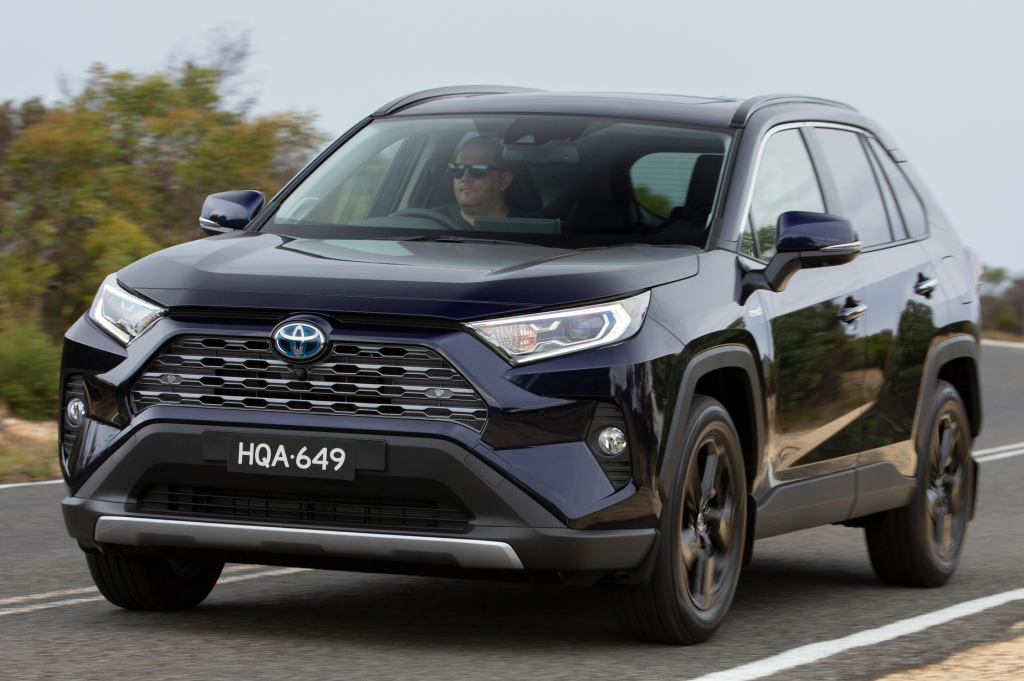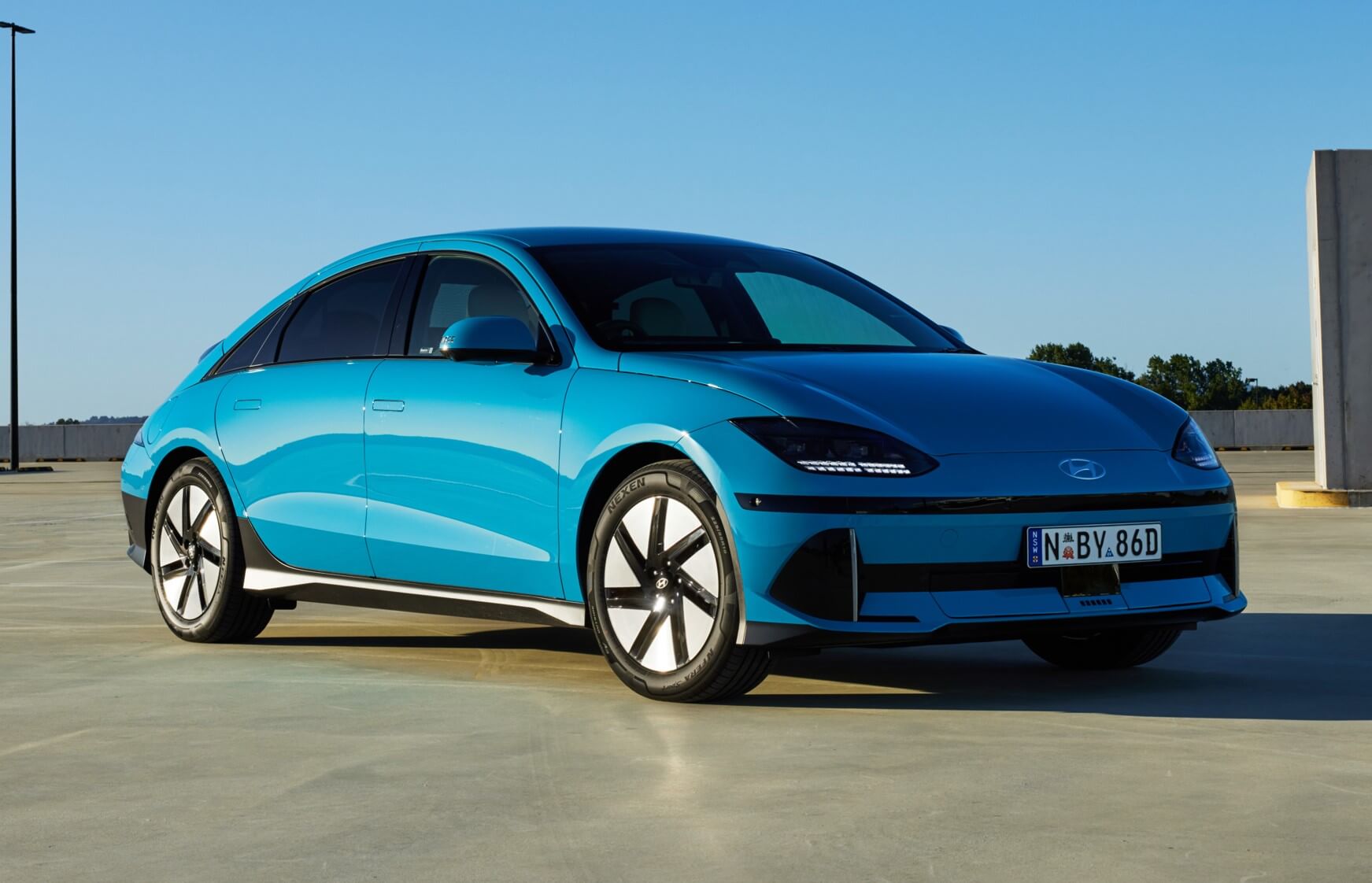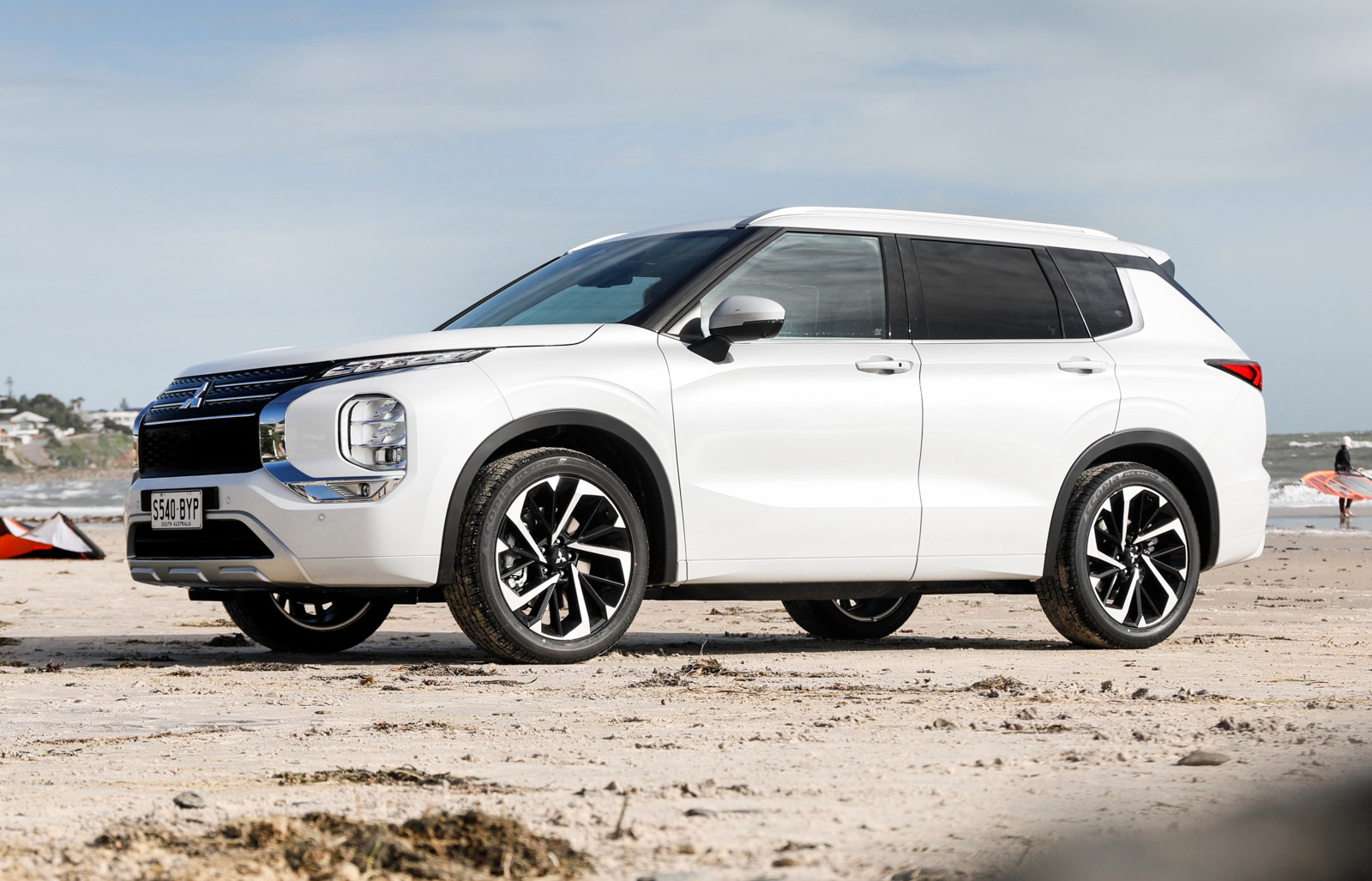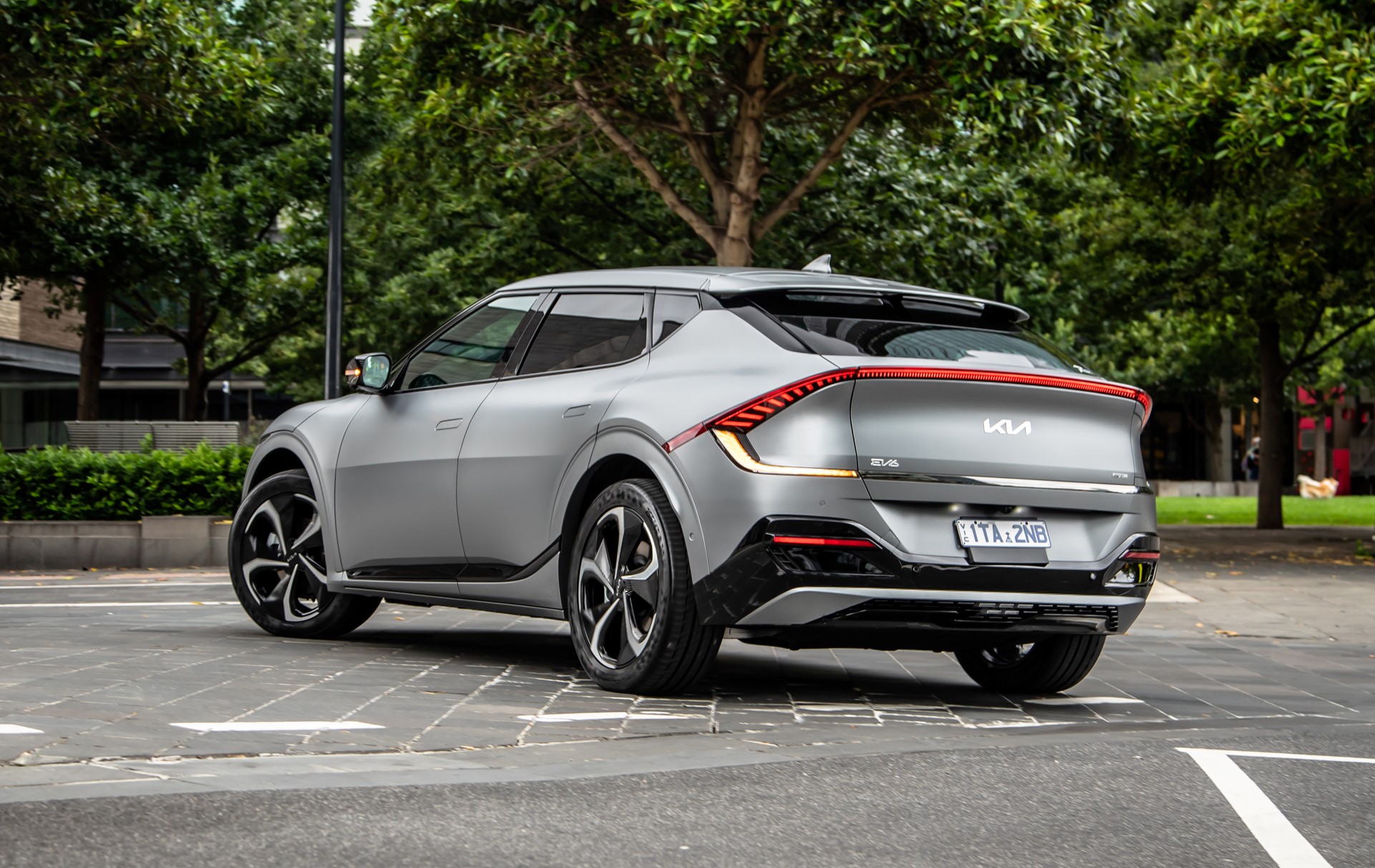With incentives for EVs and PHEVs, and ever-strong sales of hybrids, car buyers have plenty of new options to choose from. We explain what the difference is and why you may want one over the other.
The age of the electrified car is upon us and the prominence of hybrid, plug-in hybrid (PHEV) and electric cars (EV) on our roads and in the thinking of car buyers is only growing.
If you’re considering a new car today, at the very least you’ve probably wondered whether you should be finding out more about what the various electrified powertrain options have to offer. You’ll also have to know the difference between green cars if you are applying for a novated lease to get the Electric Car Discount.
Hybrid technology in particular has been permeating at a rapid pace as manufacturers move to lower their emissions in line with legislation and the number of pure electric options on offer is expanding quickly.
With the advent of electrified powertrains, the car buying process has become even more complex. Buyers must make a decision on what are still unfamiliar technologies, deciding which would fit their lifestyle and usage patterns, prove most cost effective to run and bring the best value for money. Is now the right time to take the plunge on a pure electric car? Would a plug-in hybrid make a sensible compromise? Should you stick with good-old petrol or diesel for a while longer?
Fortunately, our guide to hybrid, plug-in hybrid and electric cars is here to help. Below we look at each of the technologies in turn, explain the differences and identify the pros and cons.
What is a hybrid car?

If you’re looking to make the switch from a conventional petrol or diesel car into something electrified, then a hybrid is a great place to start.
Many people favour such cars for their improved fuel economy and excellent refinement, but there are other advantages – not least the fact there’s no need to plug your car in for those low running costs.
However, the advent of ‘mild hybrids’ has muddied the water somewhat. These don’t usually offer the same diesel-beating litres per 100km that full hybrids like the Toyota Rav4 might; instead, they use a belt-driven starter generator to reduce the load on the engine for smaller boosts in efficiency.
Hybrids make most sense in and around town, where many can manage a kay or two on electricity, power they can recover when the car decelerates. But plenty of models are fine to long freeway trips; in fact, if your commute is longer than average and you’ve no means to charge an electric car (EV) at home, a hybrid could be the perfect solution.
Hybrids have no rechargeable plug-in battery or cables, so those used to a normal petrol car will have to make very few concessions to run one. It drives like a regular automatic car, with electronics working in the background to bring big better efficiency.
Hybrids also cost less than plug-in or electric cars. And there are plenty of used models, too. Ready to dip your toe into the green car market? Hybrid could be the answer.
Hybrid pros and cons
| Advantages | Disadvantages |
| Great around town centres | Not so economical on the freeway |
| No need to plug in to charge | Not much EV range at all |
| Better economy than regular cars |
What is a plug-in hybrid (PHEV) car
Some say plug-in hybrids are little more than a stop-gap or stepping stone in the race towards fully electric vehicles. To an extent, that’s true; you’ll need a particularly defined set of circumstances to fully realise the potential benefits of a plug-in hybrid.
Most PHEVs will do between 30 and 50km on a single charge, although some claim over 100km on just electricity. Plus, if you run out of power, you’ve got a petrol (or diesel) engine to fall back on.
PHEVs make most sense, then, for those with a short commute, but who occasionally need the flexibility of a more traditional combustion engine for longer journeys. The ability to top up the car’s batteries overnight will be a huge benefit to those considering a plug-in hybrid; taking advantage of an off-peak electricity tariff and using the petrol engine sparingly could see your motoring costs tumble.
You’ll need to be careful, however; regular long journeys don’t suit the nature of a plug-in hybrid, because you’ll inevitably have to rely heavily on the car’s petrol or diesel engine – and when you do that, you’re just lugging around a big, heavy battery pack without any tangible benefit.
Do this too frequently and your fuel economy will suffer.
PHEV pros and cons
| Advantages | Disadvantages |
| No ‘range anxiety’ | Owners need charging facilities |
| Suits an urban lifestyle | Extra weight affects drive |
| Zero-emission commuting | Engine’s economy not great |
What is a fully electric car?
The big concern for many looking to switch to electric is how they’ll charge their new car. But many models will do around 400km (or even a fair bit more) on a charge, and with hundreds of public charging points dotted around Australia and more coming, the network is becoming more feasible.
However, for many, being able to top up at home will make EV ownership enticing. Indeed, if you have a driveway and access to a plug or wallbox, visiting a filling station could soon become a thing of the past.
For the time being, electric cars continue to cost more than the equivalent petrol or diesel model; the latest Hyundai Kona, for example, costs around 80 per cent more than a like-for-like petrol version. Experts suggest price parity is only a few years away, however.
Equally, those without off-street parking – or who regularly cover several hundred kays a day – may find themselves better suited to a petrol, diesel or hybrid car. For now, at least.
EV pros and cons
| Advantages | Disadvantages |
| Very low running costs | Need to be plugged in to charge |
| Zero tailpipe emissions | Charging can take a long time Possible range anxiety |
| Relaxing to drive |






